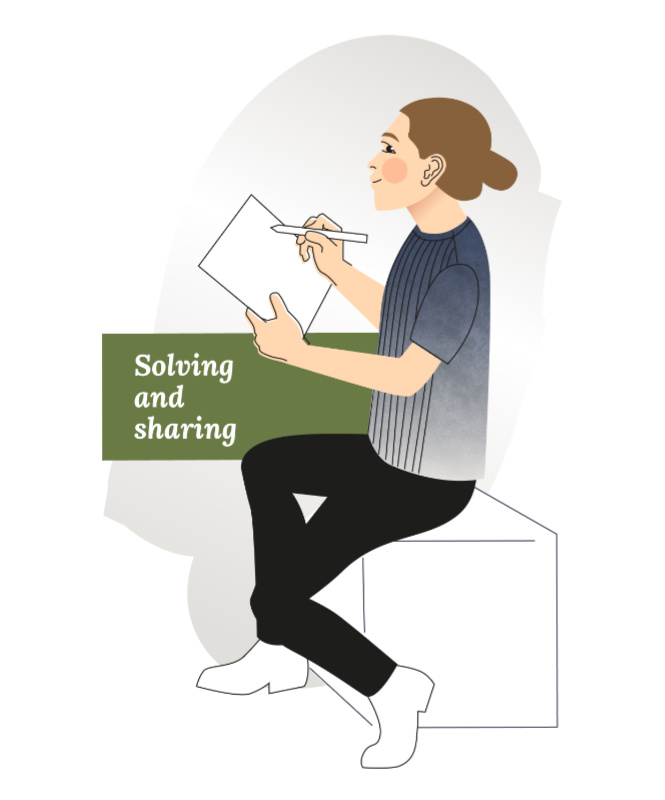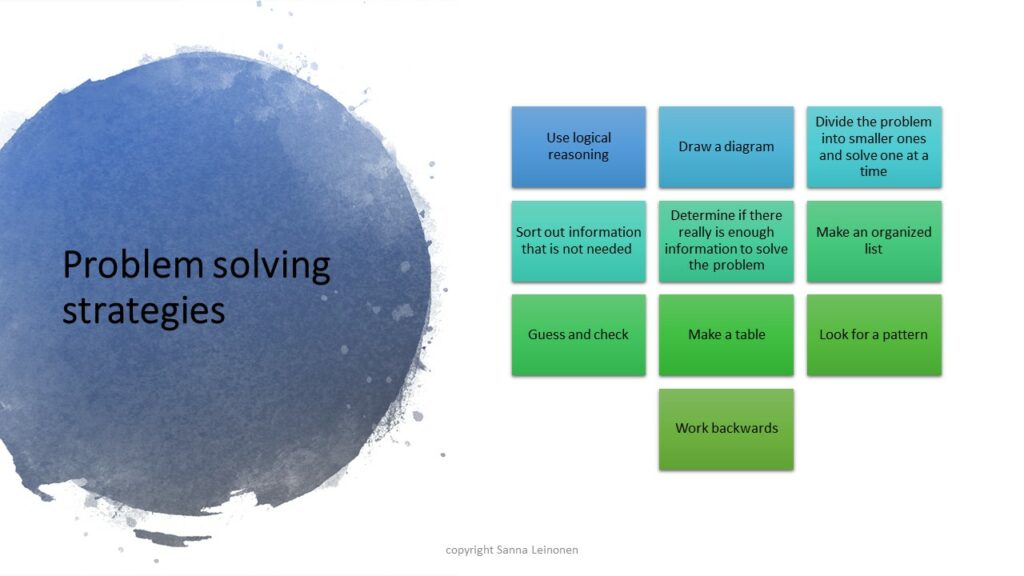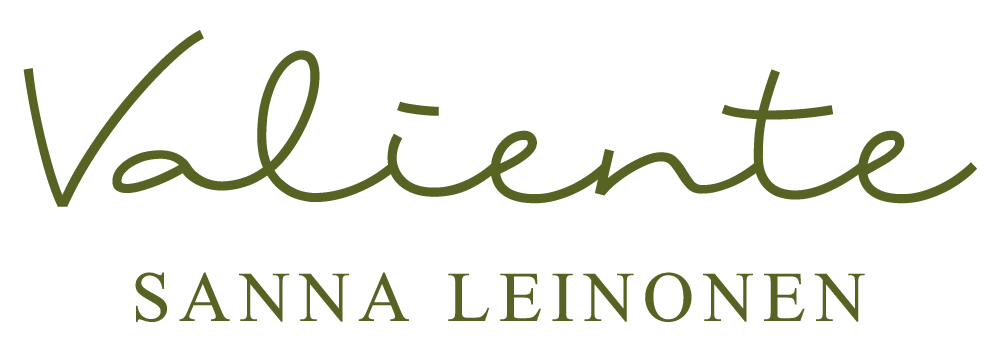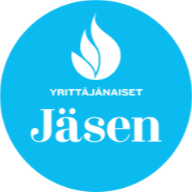Solving problems and sharing knowledge requires a positive, growth oriented climate. The fact that there are different persons, different knowledge, different skills and different resources in the team allows the teachers to learn from each other. A positive climate consists of the following factors: encouraging atmosphere, choices and diversity, enough time, beneficial feedback, safety, “relaxed alertness”, helpful support and honoring personal styles.
Teams must develop the right mixture of skills that complement each other. According to Katzenbach and Smith, these skills can be divided into three categories: (1) Technical or functional expertise, (2) Problem-solving and decision-making skills and (3) Interpersonal skills. It’s the interpersonal skills that attribute to the climate of the team. How the team members manage their emotions, how much self-motivation they have, how are their social skills, how empathetic they are, what are their listening skills like, are they risk-takers, etc.



